-
Latest Version
Java JDK 8 Update 411 (32-bit) LATEST
-
Review by
-
Operating System
Windows Vista / Windows 7 / Windows 8 / Windows 10 / Windows 11
-
User Rating
Click to vote -
Author / Product
-
Filename
jdk-8u411-windows-i586.exe
-
MD5 Checksum
fda2c1fd6e302875a14c26568a425b35
The JDK 32bit includes essential programming tools such as javac, jar, and the archiver. These tools assist in compiling Java source code, packaging class libraries into JAR files, managing JAR files, generating documentation from code comments with javadoc, debugging applications with jdb, and monitoring process information with jps. Additionally, the JDK encompasses a complete Java Runtime Environment (JRE), commonly known as a private runtime, which comprises the Java Virtual Machine (JVM) and the necessary class libraries for executing Java programs.
The Java Development Kit (JDK) is a software package developed by Oracle Corporation that provides a complete development environment for Java applications. It includes a comprehensive set of tools, libraries, and documentation necessary for developing, compiling, debugging, and running Java programs. The JDK is widely used by Java developers of all levels, from beginners to experienced professionals.
Key components of the JDK include:
Java Compiler (javac): It includes a robust compiler that translates Java source code into bytecode, which can run on any Java Virtual Machine (JVM). The compiler performs syntax and semantic checks, ensuring that the code is valid and executable.
Java Runtime Environment (JRE): The JRE, bundled with the JDK, consists of the JVM and a set of libraries needed to execute Java applications. It provides a runtime environment that allows Java programs to run on various operating systems.
Development Tools: It offers a range of development tools, such as the Java debugger (jdb), which allows developers to step through code, inspect variables, and identify and fix issues. Other tools include javadoc for generating API documentation, jshell for interactive Java programming, and jar for packaging and managing Java archives.
Java API Libraries: It includes an extensive set of libraries and APIs that simplify application development. These libraries cover a wide range of functionalities, including networking, database access, graphical user interface (GUI) development, XML processing, and more. They provide ready-to-use components and classes that developers can leverage in their applications.
Documentation: It offers comprehensive documentation, including Java API documentation. This documentation serves as a valuable resource for understanding the available classes, methods, and their usage. It also includes guides, tutorials, and sample code to assist developers in mastering Java development.
The JDK is platform-independent, meaning that Java applications developed using the JDK can run on any system that has a compatible JVM. This feature has contributed to the popularity of Java as a versatile programming language.
Developers typically use integrated development environments (IDEs) such as Eclipse, IntelliJ IDEA, or NetBeans in conjunction with the JDK. IDEs provide additional features like code editors, project management, and debugging tools, enhancing the development experience.
The tool receives regular updates from Oracle, introducing new features, enhancements, and bug fixes. It supports the latest version of the Java programming language, allowing developers to take advantage of the language's advancements.
How to Install
To install the Java Development Kit (JDK), follow these steps:
Step 1: Visit the Oracle JDK download page
Go to the official Oracle website's Java SE Downloads page
Step 2: Accept the License Agreement
Read and accept the Oracle Technology Network License Agreement for Oracle Java SE. Click the checkbox next to "Accept License Agreement" to proceed with the download.
Step 3: Select the JDK version and operating system
Choose the appropriate JDK version for your operating system. Select the download link that corresponds to your operating system (e.g., Windows, macOS, or Linux).
Step 4: Download the JDK installer
Click on the download link, and the JDK installer file will begin downloading to your computer. The file will have a format specific to your operating system (e.g., .exe for Windows, .dmg for macOS, or .tar.gz for Linux).
Step 5: Run the installer
Once the download is complete, locate the JDK installer file on your computer and run it. Follow the on-screen instructions provided by the installer.
Step 6: Specify the installation location
During the installation process, you will be prompted to choose the installation location for the JDK. Select a directory where you want the JDK to be installed. The default location is usually fine for most users.
Step 7: Complete the installation
Follow the remaining installation steps and prompts to complete the installation process. Once the installation is finished, you will have successfully installed the JDK on your computer.
Step 8: Verify the installation
After the installation, you can verify that the JDK is installed correctly by opening a command prompt or terminal and typing "java -version" (without quotes). If the JDK is installed properly, it will display the version information of the JDK.
Congratulations! You have now installed the Java Development Kit (JDK) on your computer. You can begin using it to develop, compile, and run Java applications.
Pricing
The JDK is FREE to download and use. However, for commercial use, it is important to review and comply with Oracle's licensing terms and conditions.
PROS
- Comprehensive development environment with all the necessary tools and libraries.
- Extensive documentation and resources for Java developers.
- Regular updates and compatibility with the latest Java programming language versions.
- Seamless integration with popular Java IDEs.
- Robust debugging and profiling tools.
- The licensing terms for commercial use can be complex and may require careful review.
- Setting up and configuring the environment variables can be challenging for beginners.
- The installation package can be relatively large, requiring significant disk space.
Overall, the Java Development Kit (JDK) serves as a fundamental tool for Java developers, providing everything needed to build robust, scalable, and cross-platform Java applications. With its wide range of features, extensive libraries, and comprehensive documentation, the JDK remains an essential component in the Java development ecosystem.
Also Available: Java Development Kit (64-bit) and Java Development Kit for Mac
 OperaOpera 109.0 Build 5097.68 (64-bit)
OperaOpera 109.0 Build 5097.68 (64-bit) iTop VPNiTop VPN 5.4.0 - Fast, Safe & Secure
iTop VPNiTop VPN 5.4.0 - Fast, Safe & Secure PhotoshopAdobe Photoshop CC 2024 25.7 (64-bit)
PhotoshopAdobe Photoshop CC 2024 25.7 (64-bit) iAnyGoTenorshare iAnyGo 4.0.15
iAnyGoTenorshare iAnyGo 4.0.15 Opera GXOpera GX 109.0.5097.62 (64-bit)
Opera GXOpera GX 109.0.5097.62 (64-bit) Adobe AcrobatAdobe Acrobat Pro 2024.002.20687
Adobe AcrobatAdobe Acrobat Pro 2024.002.20687 BlueStacksBlueStacks - Play on PC 5.21.150
BlueStacksBlueStacks - Play on PC 5.21.150 Hero WarsHero Wars - Online Action Game
Hero WarsHero Wars - Online Action Game Data Recovery4DDiG Windows Data Recovery 9.8.6
Data Recovery4DDiG Windows Data Recovery 9.8.6 TradingViewTradingView - Trusted by 60 Million Traders
TradingViewTradingView - Trusted by 60 Million Traders

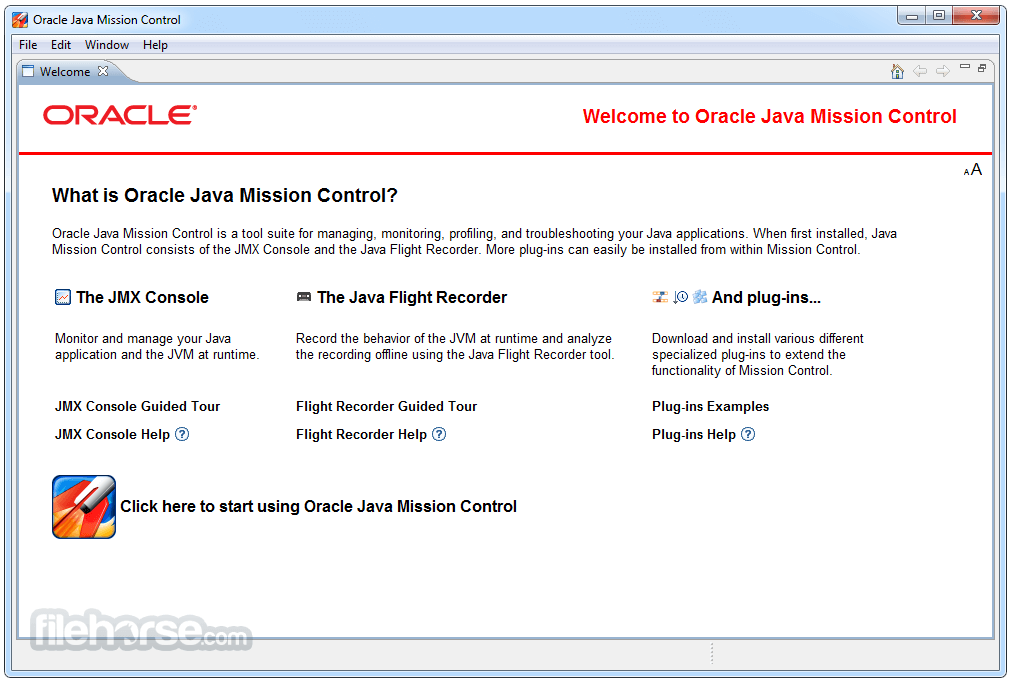
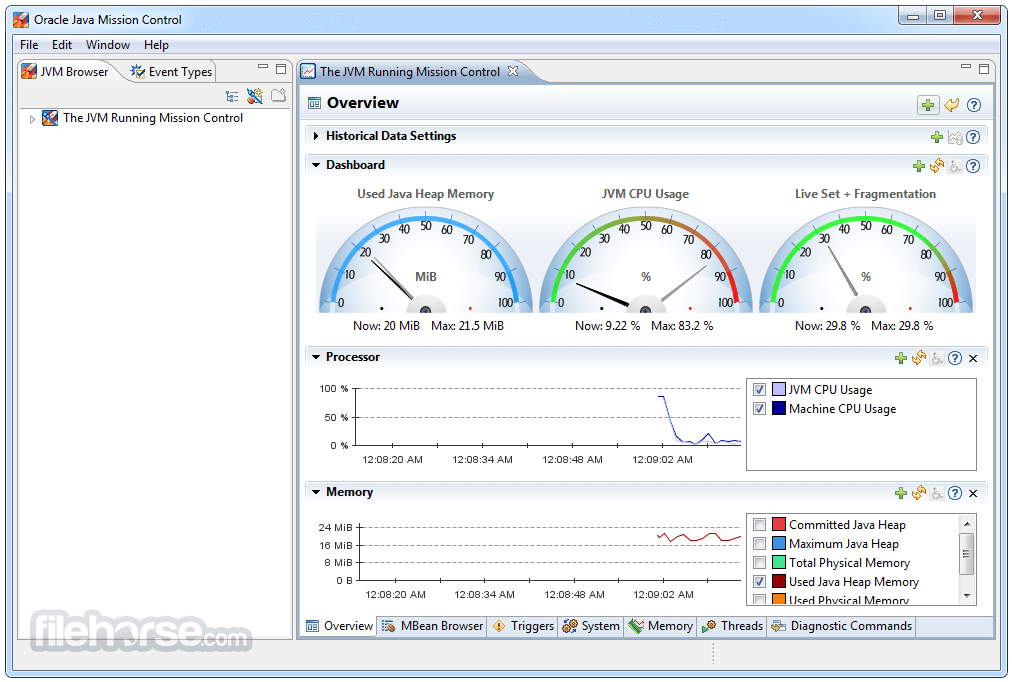
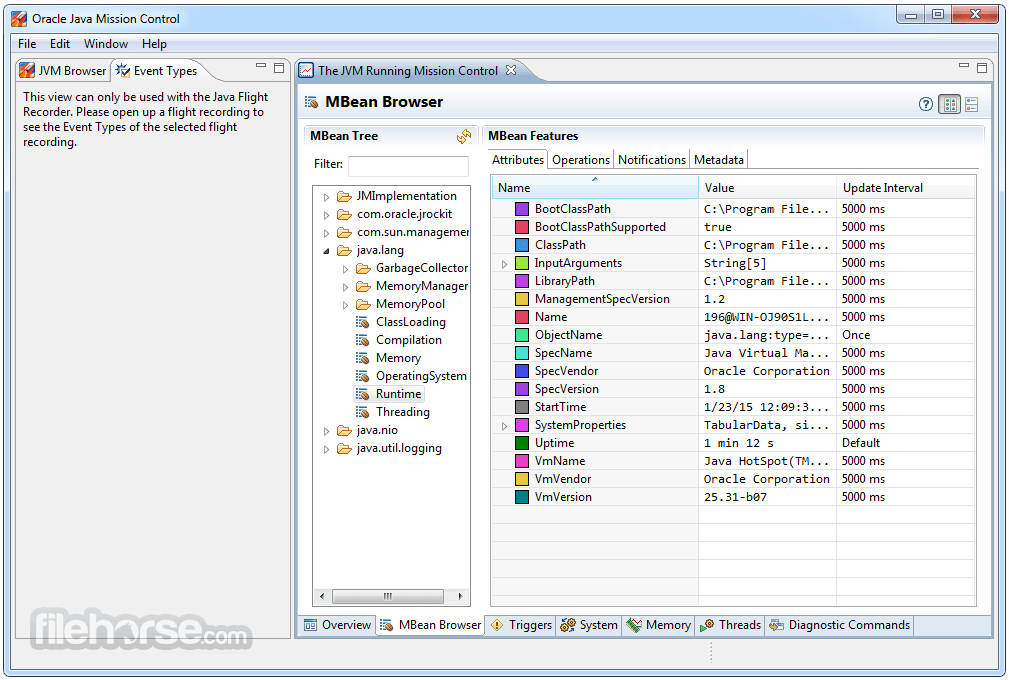
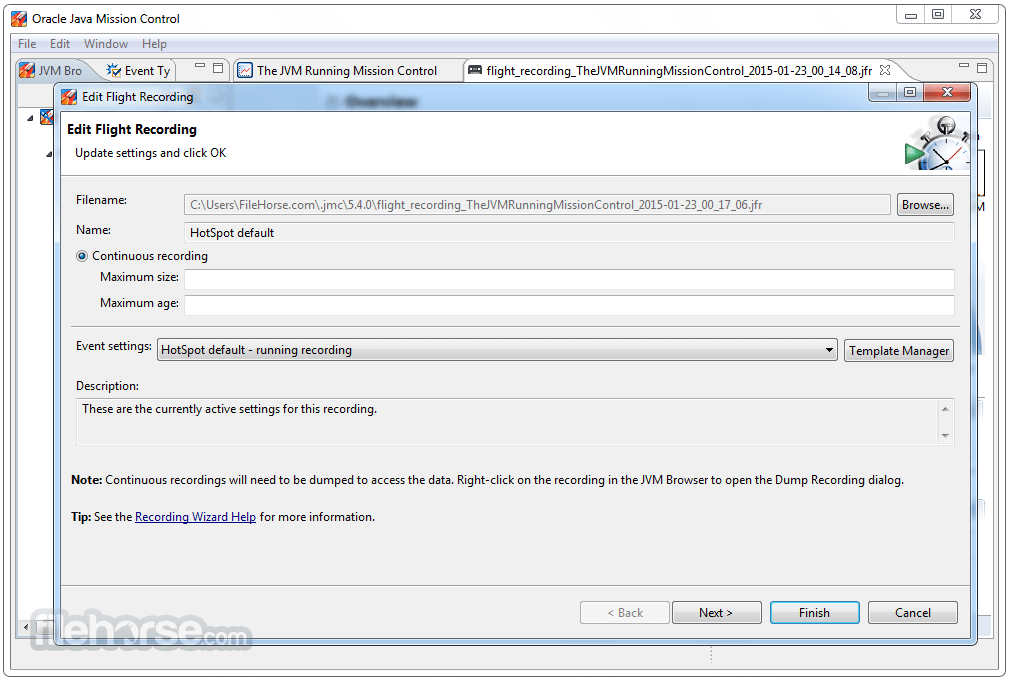
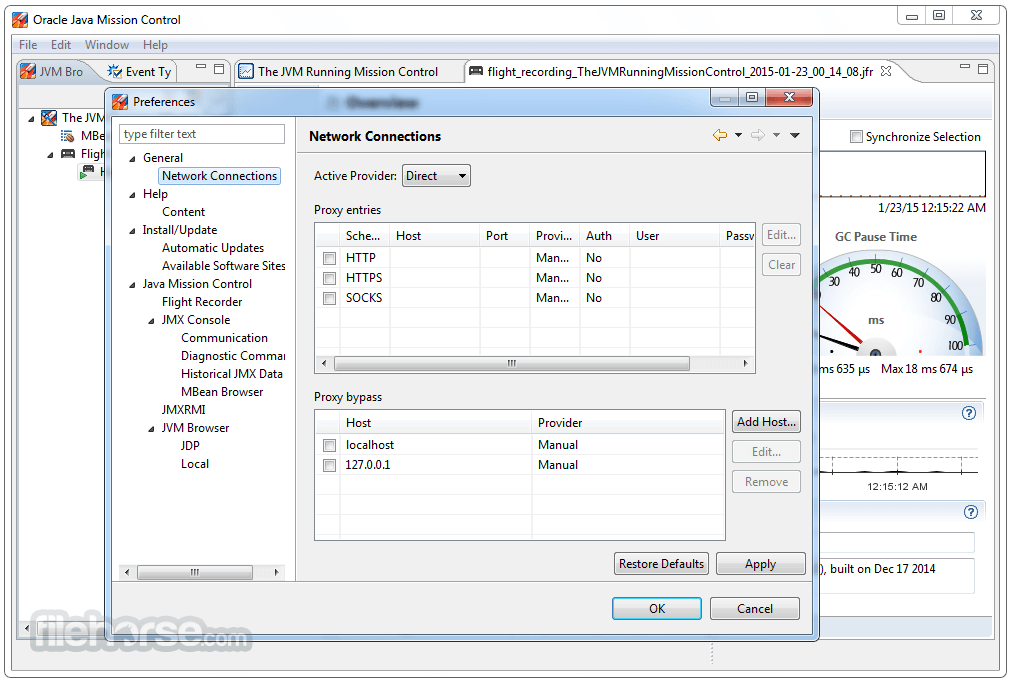





Comments and User Reviews